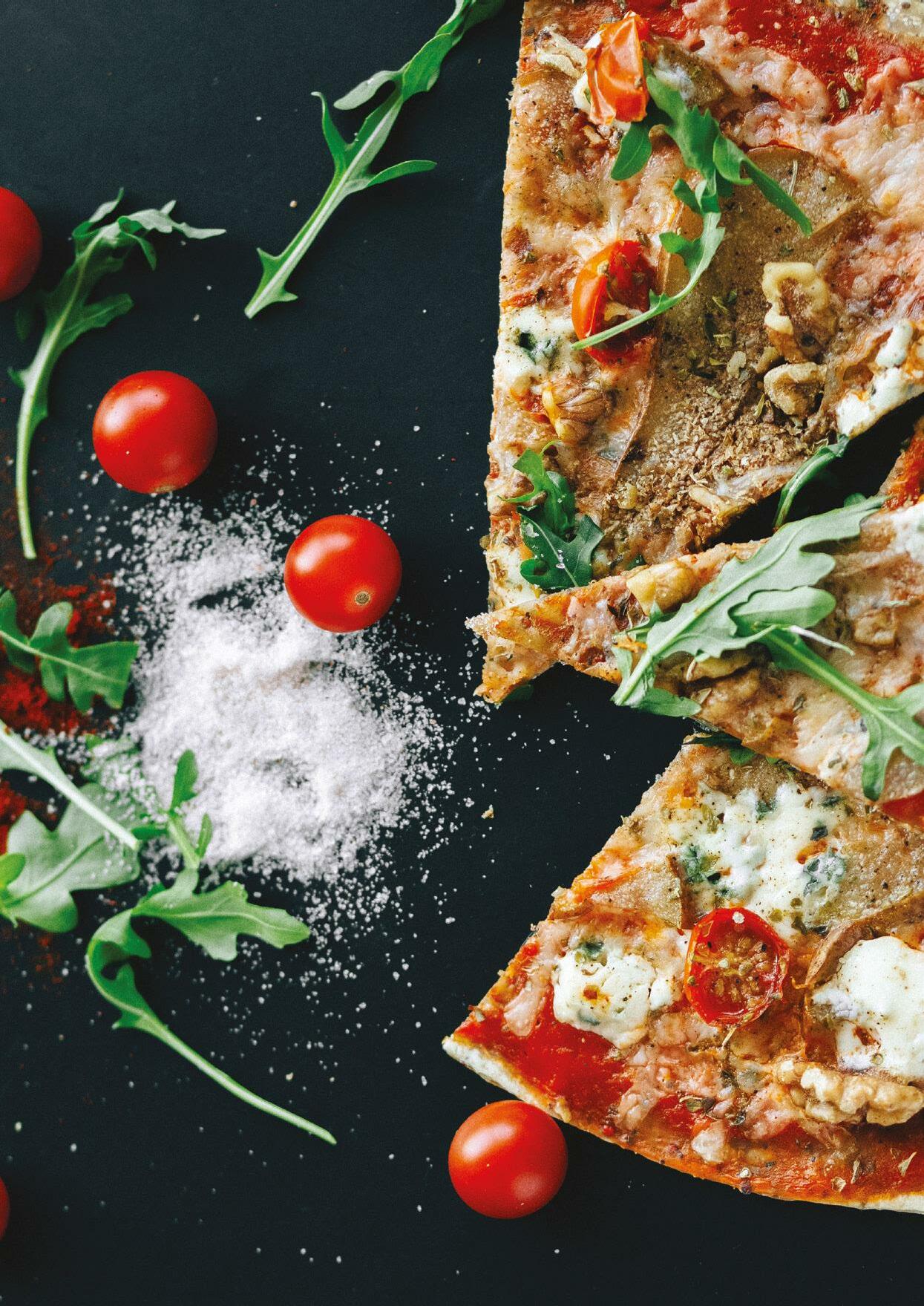
2 minute read
Amo’s Advice Column
AMO’S ADVICE GETTING TO THE HEART OF THE MATTER
Amo Raju, the CEO of Disability Direct and author of ‘Walk Like a Man,’ shares his thoughts on why, as a collective, the disabled community need to advocate for more cohesive services
IF like me, you have concerns that services essential for your ability to live independently are in desperate need for review, you may agree with my thought process in how user-led organisations (ULOs) are in the best position to re-design, co-produce and then, (start the drum roll for radical idea) - deliver them!
Exactly which services are you referring to, I hear you ask? Well, I’m initially talking about assessments for Blue Badges, Personal Independence Payments, Access To Work… you may want to add to the list! Yet equitable access to just these three issues alone are regular frustrations for many. For many years I have run advice and support services and I can assure you, such topics continually top the list of enquiries.
To put my idea into perspective, ask yourself this question….Do you feel more comfortable in the knowledge that the person making a decision on whether you qualify for a Blue Badge, PIP or Access To Work has actual lived experience of whatever impairment or condition you have or with someone who (and I mean this with no disrespect) can only read up on examples of others in your predicament or rely on out of date assumptions?
The concept of user-led organisations in each locality, is nothing new. Since the 1980’s many cities and towns across the UK enjoyed representation of disabled people in such mechanisms, which were highly effective. However, since the beginning of austerity cuts a decade or so ago, the numbers are ever diminishing. Many relied on grants or contracts with local authorities who themselves were fighting for their own survival. Today, there’s probably only a dozen or so active charities majority-led by disabled people able to provide services to their peers.
The reduced number of disability organisations should not deter decisionmaking bodies or commissioners to engage with ULOs. If the desire to work in this way is genuine, more disabled people will come together to meet the need. There are so many services which need to be at least co-designed now that we are hopefully exiting the pandemic such as mental health services, advocacy, community access to the new digitally committed NHS just to name but a few.
As a side effect, the longer-term benefit of this type of service delivery will be the creation of more disabled people in direct services who should endeavour to become leaders of tomorrow.
Again, if like me, as a disabled person you are saturated with requests to complete questionnaires about your views on existing or proposed new services, then consider taking my stance and make it clear that your voice is better heard as a collective. If you are not aware of the nearest ULO to you then drop me an email. I’m happy to steer you in the right direction.
Anyway, back to my proposal. If you work in local government or even with Boris Johnson (our PM at time of writing), refresh your approach. There’s a whole new generation of disabled people out there who are ready to work with you in true partnership.
Author: Amo Raju, CEO of Disability Direct, Author of ‘Walk Like a Man.’ Website: amoraju.com and










